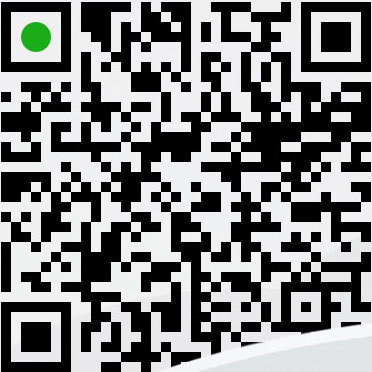The Role of Independent Verification and Inspection in International Trade
International trade relies on a complex web of transactions involving diverse parties, goods, and regulatory frameworks. To ensure the integrity of these transactions and build trust among stakeholders, independent verification and inspection play a pivotal role. This analysis explores the significance of independent verification and inspection in international trade, examining their functions, benefits, and the challenges they address.
1. Functions of Independent Verification and Inspection:
– Quality Assurance: Independent verification ensures that goods meet agreed-upon quality standards, preventing the distribution of substandard or counterfeit products.
– Quantity Verification: Inspection verifies the quantity of goods traded, reducing the risk of disputes and facilitating accurate financial transactions.
– Compliance Checks: Ensuring compliance with international regulations and trade agreements, fostering adherence to ethical business practices.
2. Benefits of Independent Verification and Inspection:
– Risk Mitigation: Provides a systematic approach to identify and mitigate risks associated with product quality, quantity discrepancies, and regulatory non-compliance.
– Dispute Resolution: Serves as an unbiased third party in resolving disputes, offering impartial assessments of the conformity of goods with contractual obligations.
– Market Access: Enhances market access by providing assurance to buyers and regulatory authorities that traded goods meet required standards.
3. Challenges Addressed by Independent Verification and Inspection:
– Information Asymmetry: Acts as a countermeasure to information asymmetry by offering transparent and credible information about the quality and condition of traded goods.
– Fraud Prevention: Helps prevent fraud by detecting discrepancies in documentation, counterfeit goods, or attempts to misrepresent product specifications.
– Supply Chain Visibility: Provides visibility into the entire supply chain, enabling stakeholders to identify weaknesses and improve overall supply chain resilience.
4. Key Components of Independent Verification and Inspection:
– Certification Services: Offering official certificates attesting to the quality, quantity, and compliance of goods, providing confidence to buyers and regulatory bodies.
– Physical Inspections: On-site inspections conducted by trained professionals to verify the condition, packaging, and adherence to specifications of traded goods.
– Documentary Reviews: Scrutinizing trade documents, including invoices, bills of lading, and certificates of origin, to ensure accuracy and authenticity.

